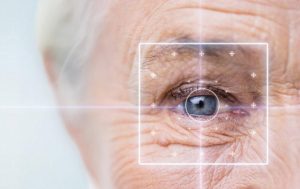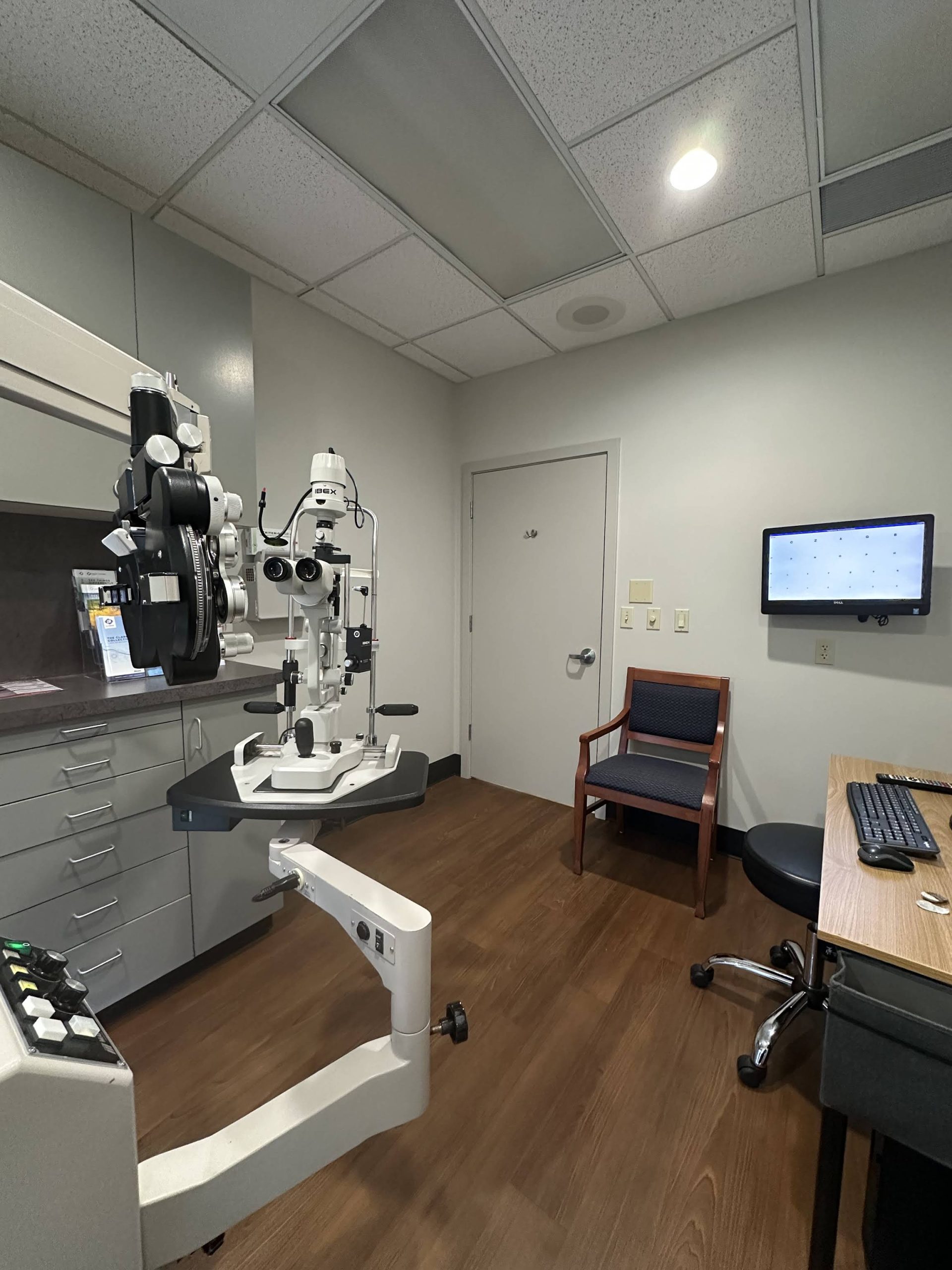 Macular degeneration is a leading cause of vision loss among older adults, affecting millions of people worldwide. In Kirkland, Washington, residents have access to specialized care that can help manage this condition effectively. Understanding the role of a macular degeneration doctor and the available treatment options is crucial for those facing this diagnosis.
Macular degeneration is a leading cause of vision loss among older adults, affecting millions of people worldwide. In Kirkland, Washington, residents have access to specialized care that can help manage this condition effectively. Understanding the role of a macular degeneration doctor and the available treatment options is crucial for those facing this diagnosis.
Understanding Macular Degeneration
Macular degeneration, particularly age-related macular degeneration (AMD), occurs when the macula, the part of the retina responsible for sharp central vision, deteriorates. This condition can significantly impact daily activities, such as reading, driving, and recognizing faces. The gradual loss of vision can be frustrating and disorienting, often leading to emotional distress and a sense of isolation for those affected. As the condition progresses, individuals may find themselves relying more on family and friends for assistance with tasks that were once easily managed independently.
There are two primary types of macular degeneration: dry and wet. Dry AMD is more common and progresses slowly, while wet AMD is less common but can lead to more rapid vision loss. The dry form is characterized by the accumulation of drusen, small yellow deposits under the retina, which can gradually lead to the thinning of the macula. In contrast, wet AMD involves the growth of abnormal blood vessels beneath the retina, which can leak fluid and cause scarring. Early detection and treatment are essential for preserving vision and improving quality of life, as timely intervention can slow the progression of the disease and help individuals maintain their independence.
Symptoms to Watch For
Individuals with macular degeneration may experience a variety of symptoms. Common signs include blurred or distorted vision, difficulty seeing in low light, and a gradual loss of central vision. Some may notice dark or empty spots in their field of vision, which can be particularly concerning. These symptoms often develop gradually, making it easy for individuals to overlook them until they become more pronounced. Additionally, straight lines may appear wavy or bent, a phenomenon known as metamorphopsia, which can further complicate everyday tasks and contribute to frustration.
Regular eye exams are vital for early detection. An eye care professional can perform specific tests to identify changes in the retina and determine the appropriate course of action. These tests may include optical coherence tomography (OCT), which provides detailed images of the retina, and fluorescein angiography, which helps assess blood flow in the eye. By understanding the nuances of their condition, patients can engage in informed discussions with their healthcare providers about potential treatment options, such as anti-VEGF injections for wet AMD or nutritional supplements for dry AMD, which may help slow progression and preserve vision. Furthermore, lifestyle modifications, such as a healthy diet rich in antioxidants and regular exercise, can also play a crucial role in managing the disease and enhancing overall eye health.
Finding a Macular Degeneration Specialist in Kirkland
When seeking treatment for macular degeneration, it is important to find a qualified specialist. In Kirkland, there are several options available, ranging from ophthalmologists to optometrists who focus on retinal diseases.
Choosing a doctor who has experience in diagnosing and treating macular degeneration can make a significant difference in the management of the condition. Patients should look for professionals who stay updated on the latest research and treatment options.
What to Look For in a Specialist
When selecting a macular degeneration doctor, consider the following factors:
- Experience: Look for a doctor with a proven track record in treating macular degeneration.
- Patient Reviews: Online reviews and testimonials can provide insight into the experiences of other patients.
- Technology and Resources: A well-equipped clinic with advanced diagnostic tools can enhance the quality of care.
Consultation and Diagnosis
During the initial consultation, the doctor will conduct a comprehensive eye examination, which may include visual acuity tests, optical coherence tomography (OCT), and fluorescein angiography. These tests help to assess the extent of macular degeneration and determine the best treatment options.
Open communication is essential during this process. Patients should feel comfortable discussing their symptoms, medical history, and any concerns they may have. This collaborative approach can lead to more effective management of the condition.
Treatment Options for Macular Degeneration
Treatment for macular degeneration varies depending on the type and stage of the disease. While there is currently no cure, several options can help slow progression and preserve vision.
For dry AMD, lifestyle changes such as a healthy diet rich in antioxidants, regular exercise, and smoking cessation can be beneficial. Additionally, doctors may recommend specific vitamins and supplements that have been shown to support eye health.
Advanced Treatments for Wet AMD
Wet AMD requires more immediate intervention. Anti-VEGF (vascular endothelial growth factor) injections are a common treatment that can help reduce fluid leakage and slow vision loss. These injections are typically administered in the office and may need to be repeated every few weeks or months.
Photodynamic therapy is another option for wet AMD. This treatment involves using a light-activated drug to target and destroy abnormal blood vessels in the retina. While effective, it is less commonly used than anti-VEGF injections.
Emerging Therapies and Research
The field of macular degeneration treatment is continually evolving, with ongoing research exploring new therapies. Clinical trials are investigating gene therapy, stem cell therapy, and other innovative approaches that hold promise for future treatment options.
Staying informed about these advancements is vital for patients. Discussing new research with a specialist can provide insights into potential future treatments that may be available.
Living with Macular Degeneration
Living with macular degeneration can be challenging, but many resources and support systems are available. Patients are encouraged to connect with local support groups, which can provide emotional support and practical advice on coping with vision loss.
Additionally, low vision rehabilitation services can help individuals adapt to their changing vision. These services may include training on using assistive devices, such as magnifiers and specialized lighting, to enhance daily activities.
Maintaining a Positive Outlook
While the diagnosis of macular degeneration can be daunting, maintaining a positive outlook is essential. Engaging in hobbies, staying socially active, and focusing on what one can still do can significantly improve quality of life.
Support from family and friends can also play a crucial role in coping with the emotional aspects of vision loss. Open discussions about the condition can foster understanding and encourage a supportive environment.
Conclusion
Macular degeneration is a complex condition that requires specialized care. In Kirkland, WA, residents have access to experienced doctors who can provide comprehensive diagnosis and treatment options tailored to individual needs. By staying informed and proactive in managing their eye health, patients can navigate the challenges of macular degeneration and maintain their quality of life.
Whether through lifestyle changes, medical treatments, or support systems, there are many avenues available for those living with this condition. Seeking help and staying connected with healthcare professionals is vital for preserving vision and enhancing overall well-being.
If you’re navigating the complexities of macular degeneration or simply aiming to maintain optimal eye health, Overlake EyeCare is here to support you. Our commitment to excellence ensures you receive the highest level of service, with routine eye examinations that are crucial for clear vision and eye health monitoring. Dr. Mary Coday’s expertise in cataract surgery and advanced intraocular lens technology is tailored to your unique visual needs, taking into account any conditions like macular degeneration. With state-of-the-art Lenstar technology for precise measurements and a variety of intraocular lenses, including Eyhance toric and Vivity extended depth of focus lenses, we’re dedicated to achieving the best possible outcome for your vision. Don’t wait to safeguard your sight; Contact Us Today to schedule your comprehensive eye examination or to discuss your personalized treatment options.

